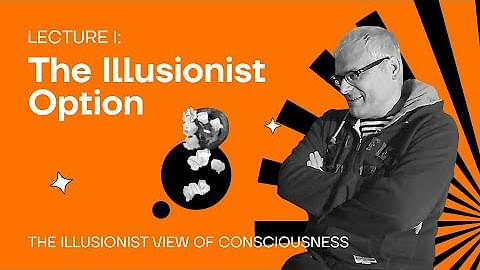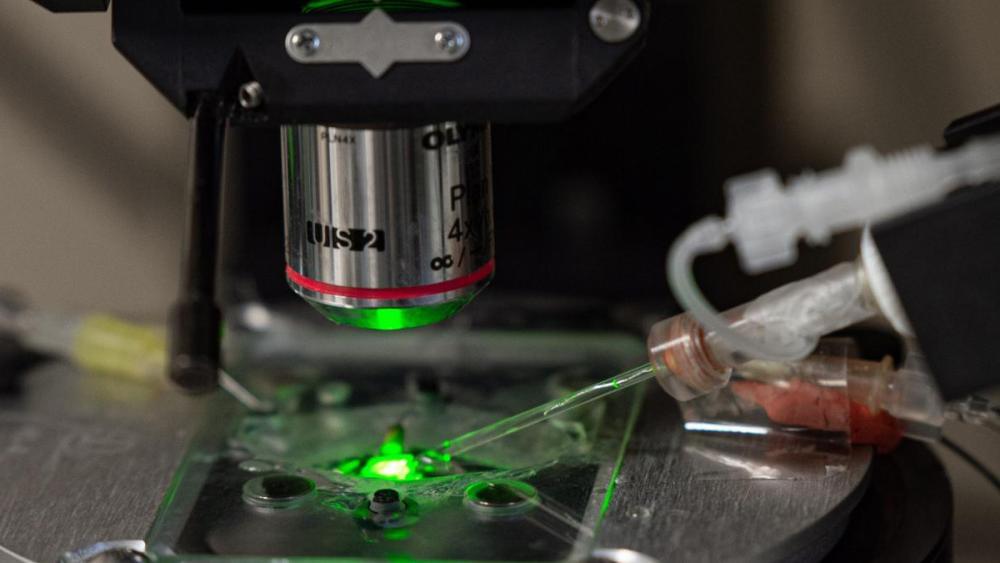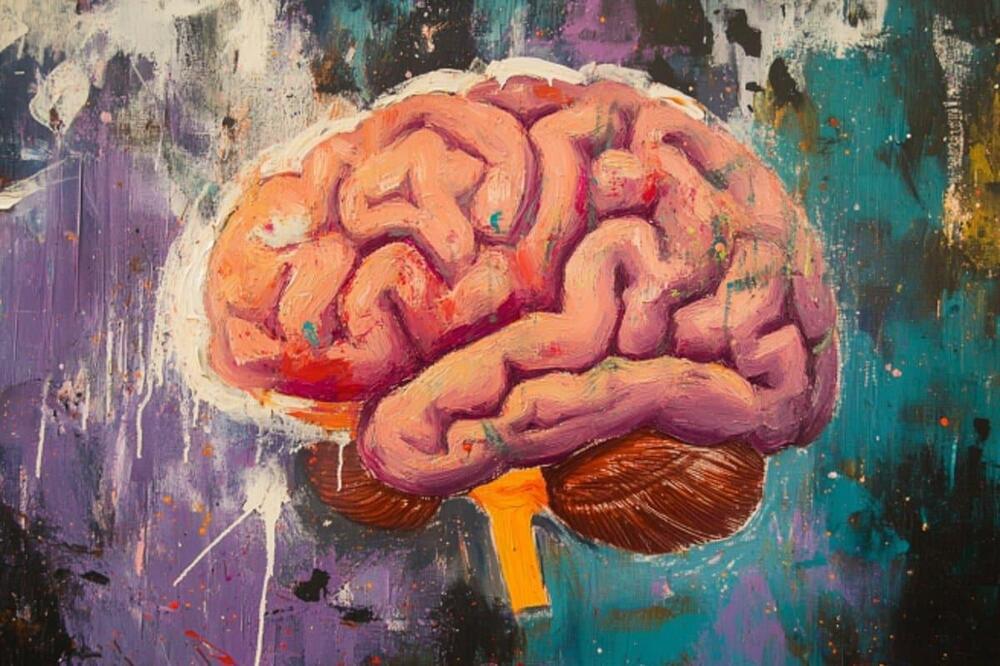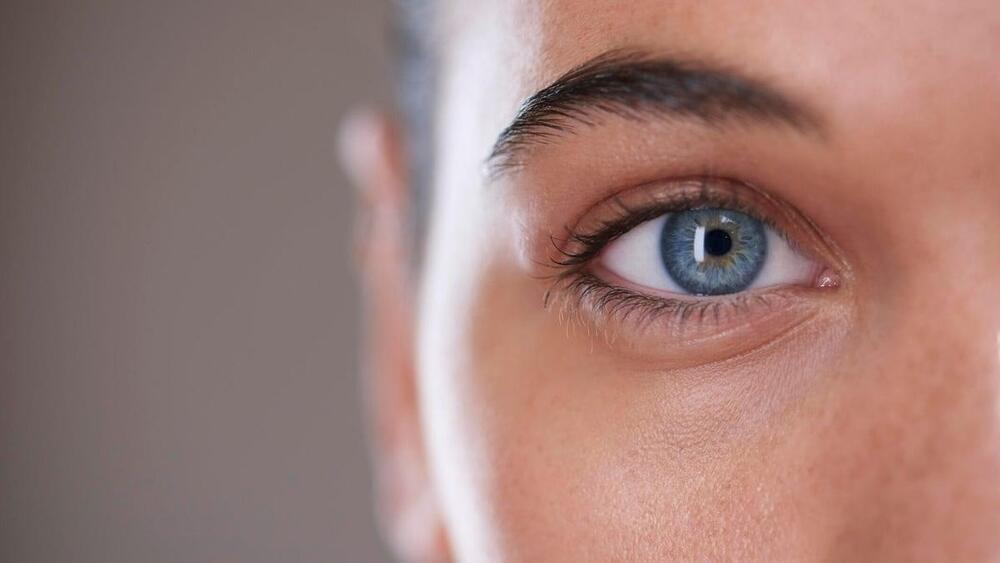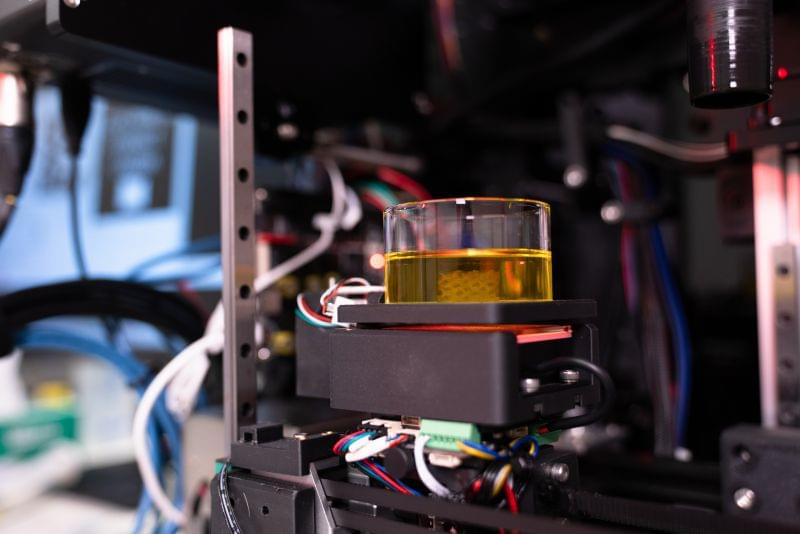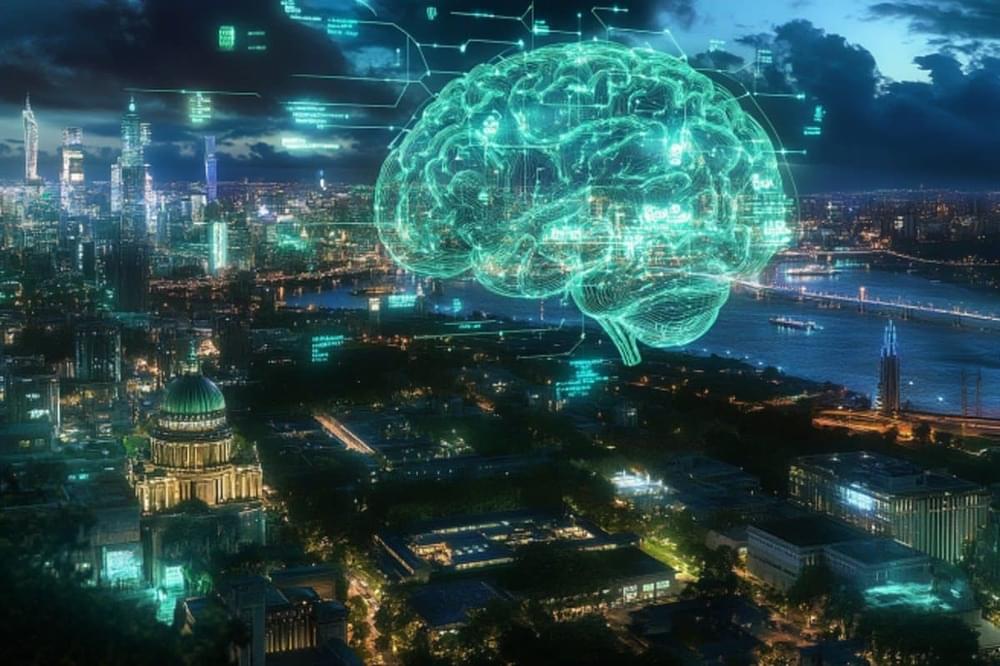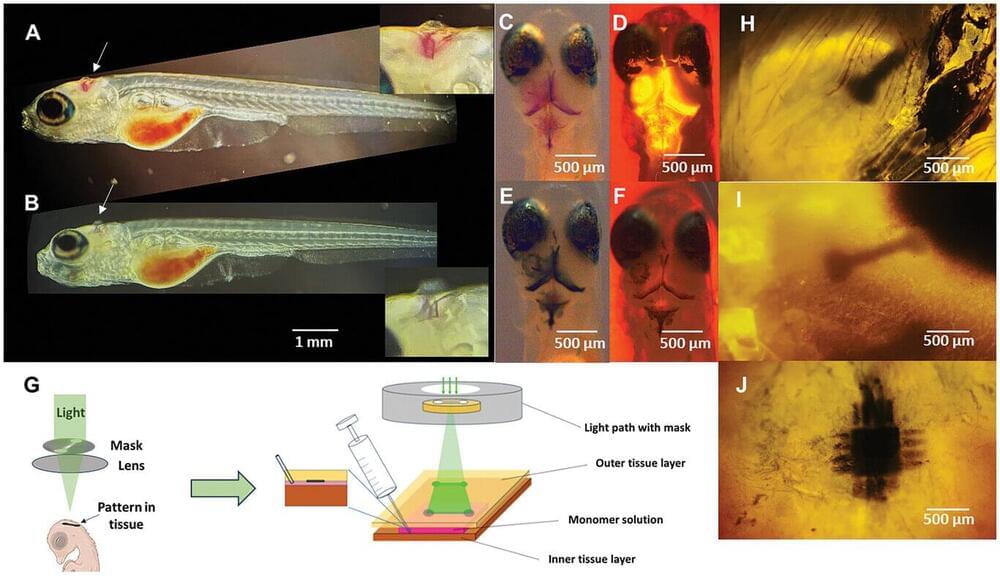Nov 25, 2024
Comparative prospects of imaging methods for whole-brain mammalian connectomics
Posted by Logan Thrasher Collins in categories: nanotechnology, neuroscience
Neuroscience aficionados may enjoy my preprint that compares leading imaging technologies for whole-brain mammalian connectomics, now with major updates/improvements: Link: arxiv.org/abs/2405.
Mammalian whole-brain connectomes at nanoscale synaptic resolution are a crucial ingredient for holistic understanding of brain function. Imaging these connectomes at sufficient resolution to densely reconstruct cellular morphology and synapses represents a longstanding goal in neuroscience. Although the technologies needed to reconstruct whole-brain connectomes have not yet reached full maturity, they are advancing rapidly enough that the mouse brain might be within reach in the near future. Detailed exploration of these technologies is warranted to help plan projects with varying goals and requirements. Whole-brain human connectomes remain a more distant goal yet are worthy of consideration to orient large-scale neuroscience program plans. Here, we quantitatively compare existing and emerging imaging technologies that have potential to enable whole-brain mammalian connectomics.
 Neuroscience aficionados may enjoy my preprint that compares leading imaging technologies for whole-brain mammalian connectomics, now with major updates/improvements: Link: arxiv.org/abs/2405.
Neuroscience aficionados may enjoy my preprint that compares leading imaging technologies for whole-brain mammalian connectomics, now with major updates/improvements: Link: arxiv.org/abs/2405.
